For tech startup founders, it's important to recognise that creating inclusive and accessible digital products isn't just about compliance or market reach - it's about empowering all users to engage with your solutions equally. July is Disability Pride Month, which presents an opportune moment to reflect on the importance of digital accessibility and the significant role it plays in fostering an inclusive digital landscape.
We've interviewed Wojtek Kutyla, an independent UX Consultant and web accessibility specialist, and a speaker you might recognise from our Techscaler education programmes. Wojtek lives in Edinburgh and works internationally. He provides web accessibility auditing and training services and often works with clients that want to make their digital solutions available to all, regardless of who they might be.
Can you tell us a bit about your consultancy business Human Thing Ltd.? What inspired you to start it?
I started my company after years of being a regularly employed consultant. I needed independence and flexibility in managing my own schedule. I suspect I have ADHD (I don't have a diagnosis), and living the regular 9-5 life didn't work for me. I also wanted to be able to choose my own clients, as I had many experiences that made me think about the digital industry in rather unfavourable ways. I wanted to challenge myself and change my views, and I managed to do that to some extent.
What does inclusion and digital accessibility mean to you and your business?
Everyone has the right to access and use the Internet, but that's often difficult. Inclusion means that regardless of who they are, folks don't feel bad when interacting with a product or a service. That's hard, too, as most things we've built over the years (and are building now) aren't focused on people, but on making money. My job is to change this wherever possible. This often means having challenging conversations with business stakeholders. Especially when it comes to making them understand that there is an initial investment required in training and that awareness of their staff has to improve, if they are thinking of implementing accessibility.
Can you share some of the specific ways digital accessibility and user experience design cater to users with disabilities?
When built properly by well-trained teams, websites and mobile apps support many assistive technologies. For example, screen readers. These are programs that read out everything that is on screen, often used by vision-impaired folks. But even a keyboard and a mouse are helpful to many of us and are considered assistive technology. An important thing is to understand that user experience and accessibility are connected and sometimes the same thing. We can't and shouldn't separate them, even if it's often seen this way. Accessible content, interface interactions, and user flows have to be coherent to work. Each website has to be accessible to the keyboard, and content needs to have a specific, semantic (meaningful) structure in order to work.
What challenges are common in digital accessibility?
This depends a lot on the cultural context. For example, here in the UK, it's often just money and time that teams need in order to implement necessary changes to their digital systems and to upskill. In countries where disability and inclusion have a more complicated status (i.e. Poland, where I work a lot) it's also a problem related to awareness. But if we are talking about the user experience, then it's often to do with website and app content not being built in a way that supports their diverse needs. Most websites I see lack proper keyboard navigation, for example. Lack of semantic structure is a big issue, too, where the users and technologies alike can't understand what they are seeing and reading due to zero consideration given to the architecture of information.
As we celebrate Disability Pride Month, what does this month mean to you personally and professionally?
It's time for us to work together, across borders, boundaries and prejudices, to make the Internet work for all kinds of people. We should be doing this all the time, but if we can focus on it this month in particular, this might spark some extra action that is so much needed across the digital industry. Disabled folks and those who are unprivileged for any other reason are people like us and they deserve respect, attention and care, the same as we all do. It's also a time to understand that disability doesn't need our pity or empathy - it needs acceptance and recognition as one of the many colours of life. It's us, digital specialists, who make the world miserable for others. We can work on that. We can improve this situation.
What impact do you hope to have on the broader conversation about digital accessibility and inclusion?
I would like to see more websites and apps built by teams that do their research and spend time understanding diverse needs of their users. This is not always easy, and there are some difficult conversations to be had, but it's possible. If I can help people unlearn bad habits and give them skills they need, that'll be my contribution.
Do you have any advice for entrepreneurs who are looking to make their digital products more accessible?
Think of who's going to be using your product and consider that their needs and capabilities might be different from yours. Once you know who your customers are, talk to them and observe how they are going around the problem that you want to help them solve. When employing developers to build your software, pay attention to what they know of semantic HTML and accessibility in general. Reach out for help (to me, for example) if you aren't sure how to do that. And when your app or website is in the making, test it continuously with assistive technologies and real folks who rely on them. You will spend some money doing that work, but it will pay off later. Consider that if your products and services are going to be used by folks in the European Union and the States, there are special accessibility requirements you have to abide by.
Is there anything else you would like to share about your journey, your business, or your vision for the future?
I often quote my colleague Heydon Pickering and say: "Not everything has to be accessible. Some things should not be built in the first place." There's too much focus on the digital experience and not enough consideration on the impact of technology on human lives. Until we are no longer stuck in the circle of delivery at the cost of good, we're going to struggle. Challenge yourself and your biases. Recognise that everything that we build for the Internet will be used by different, beautifully diverse and varied groups of people, who might not be like you.
You can find Wojtek on LinkedIn.
You can find Human Thing Ltd. on LinkedIn and the website here.


.png)

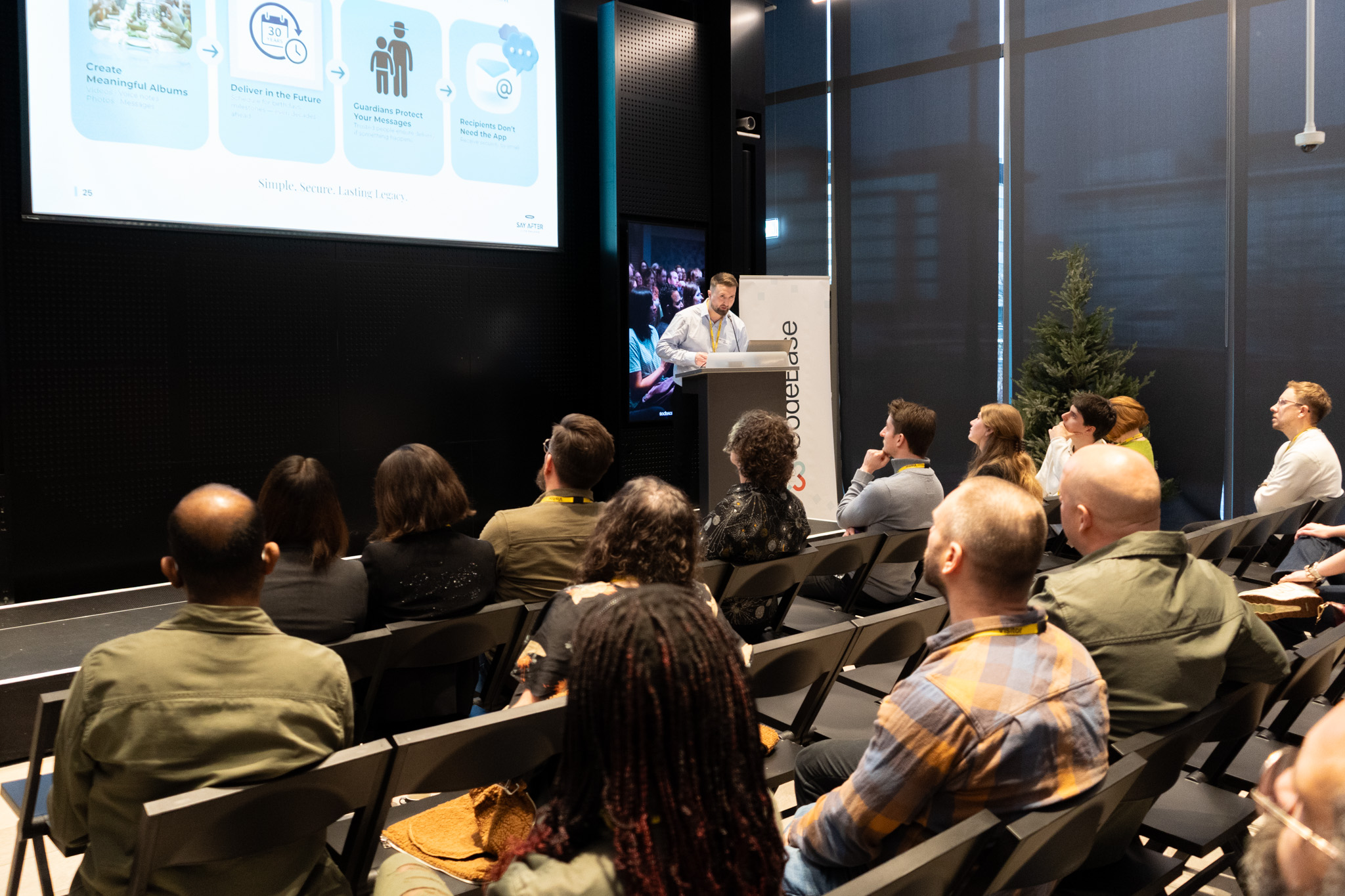

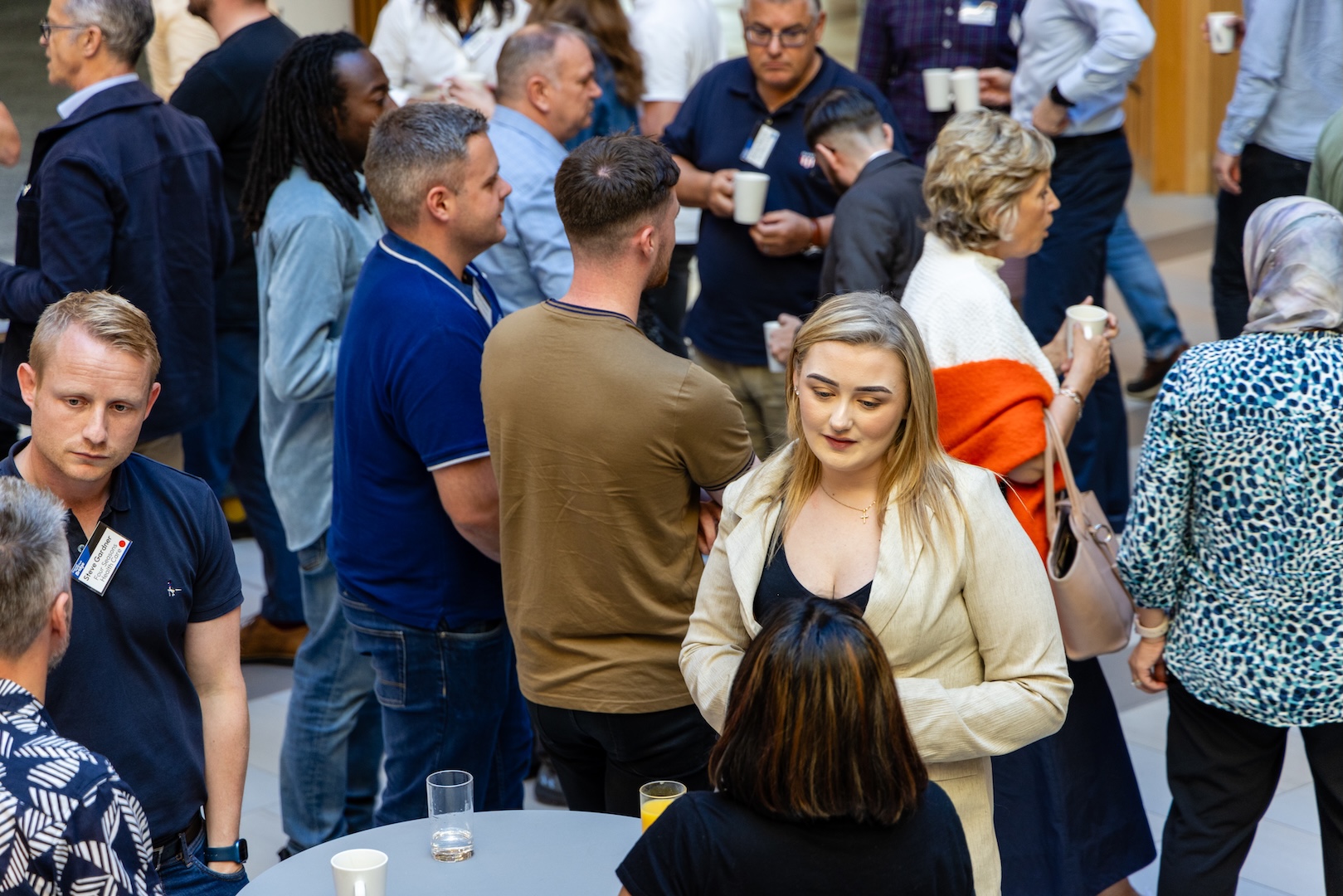



.jpg)
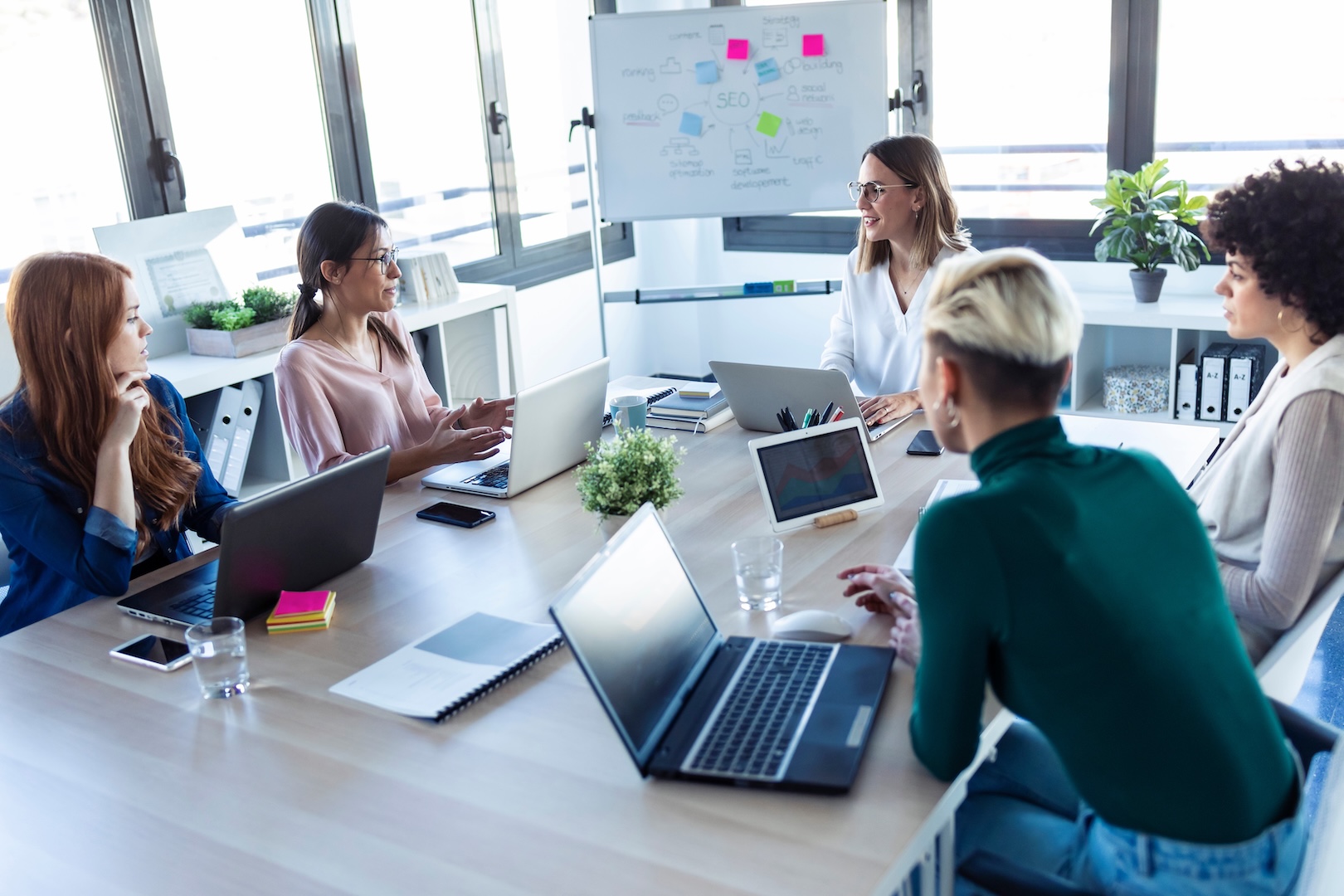
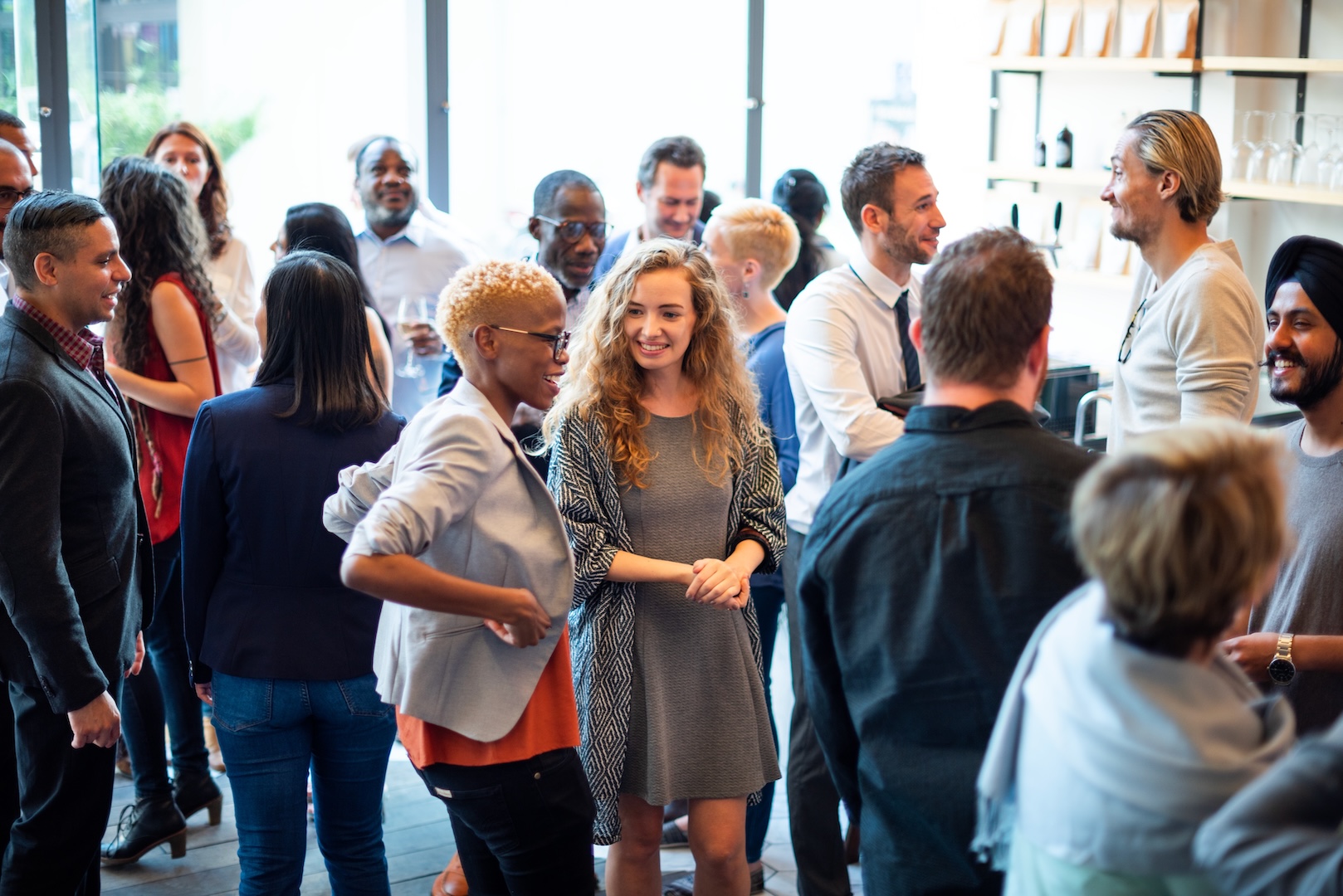
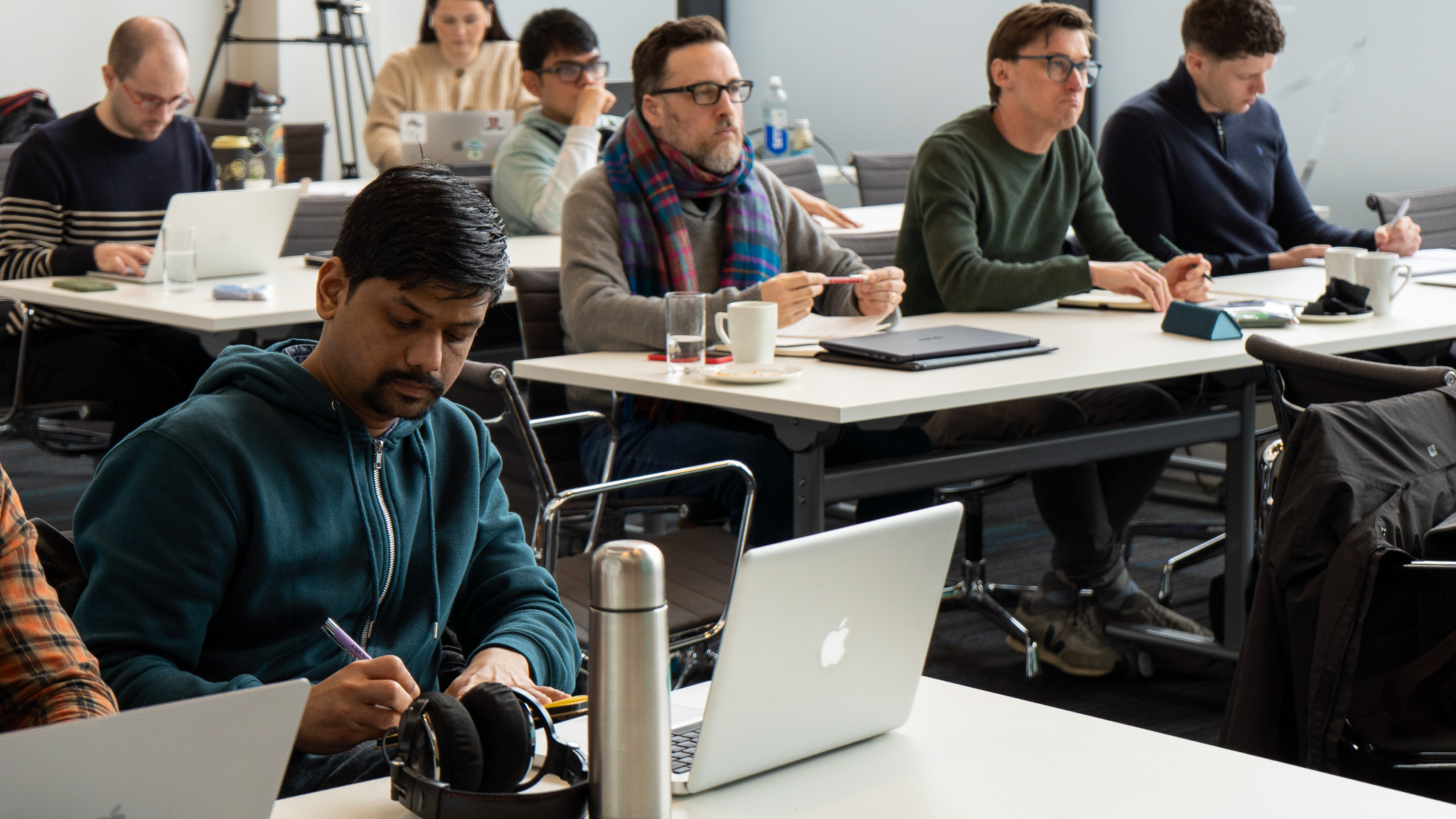

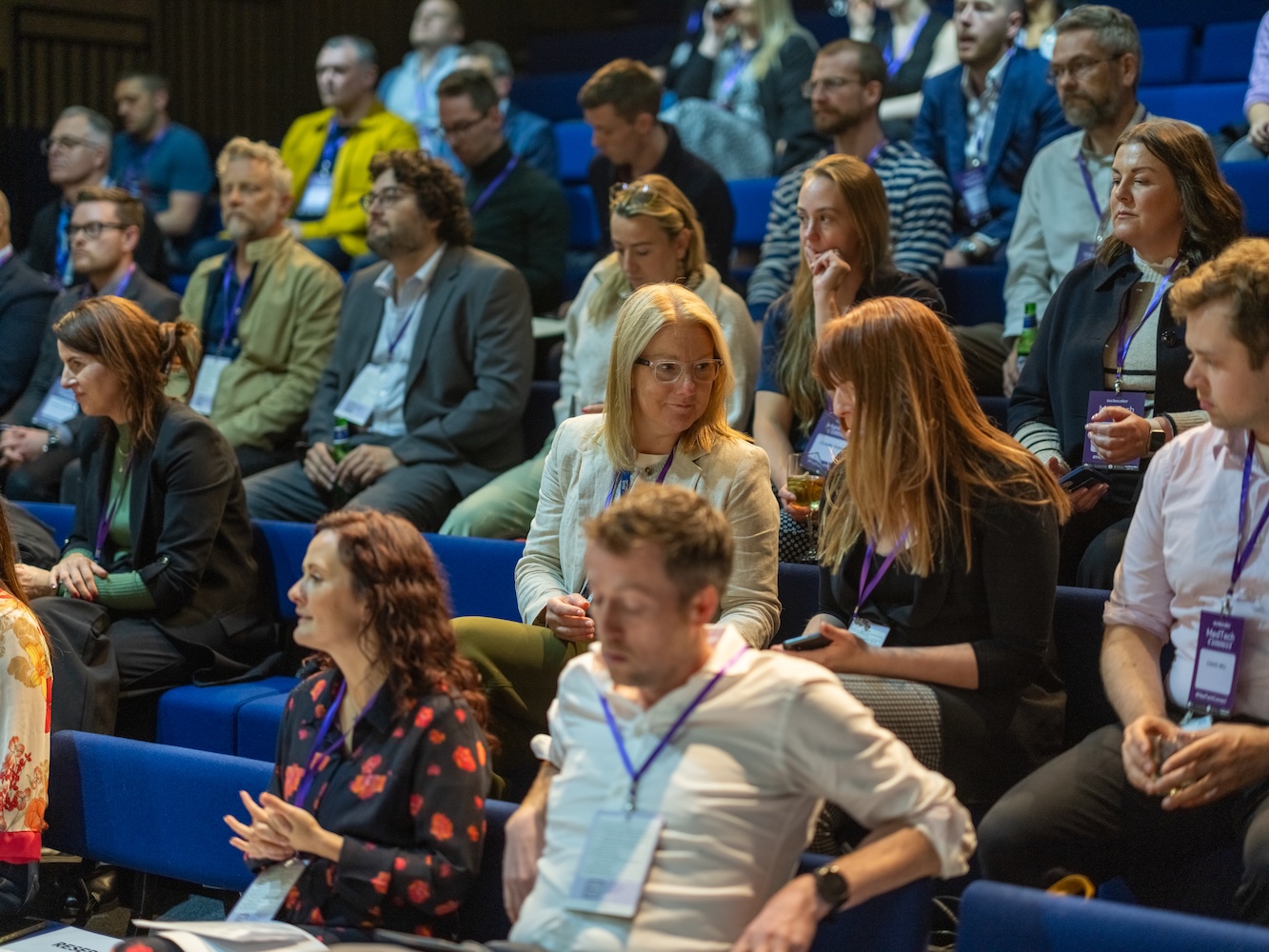
-2.jpg)
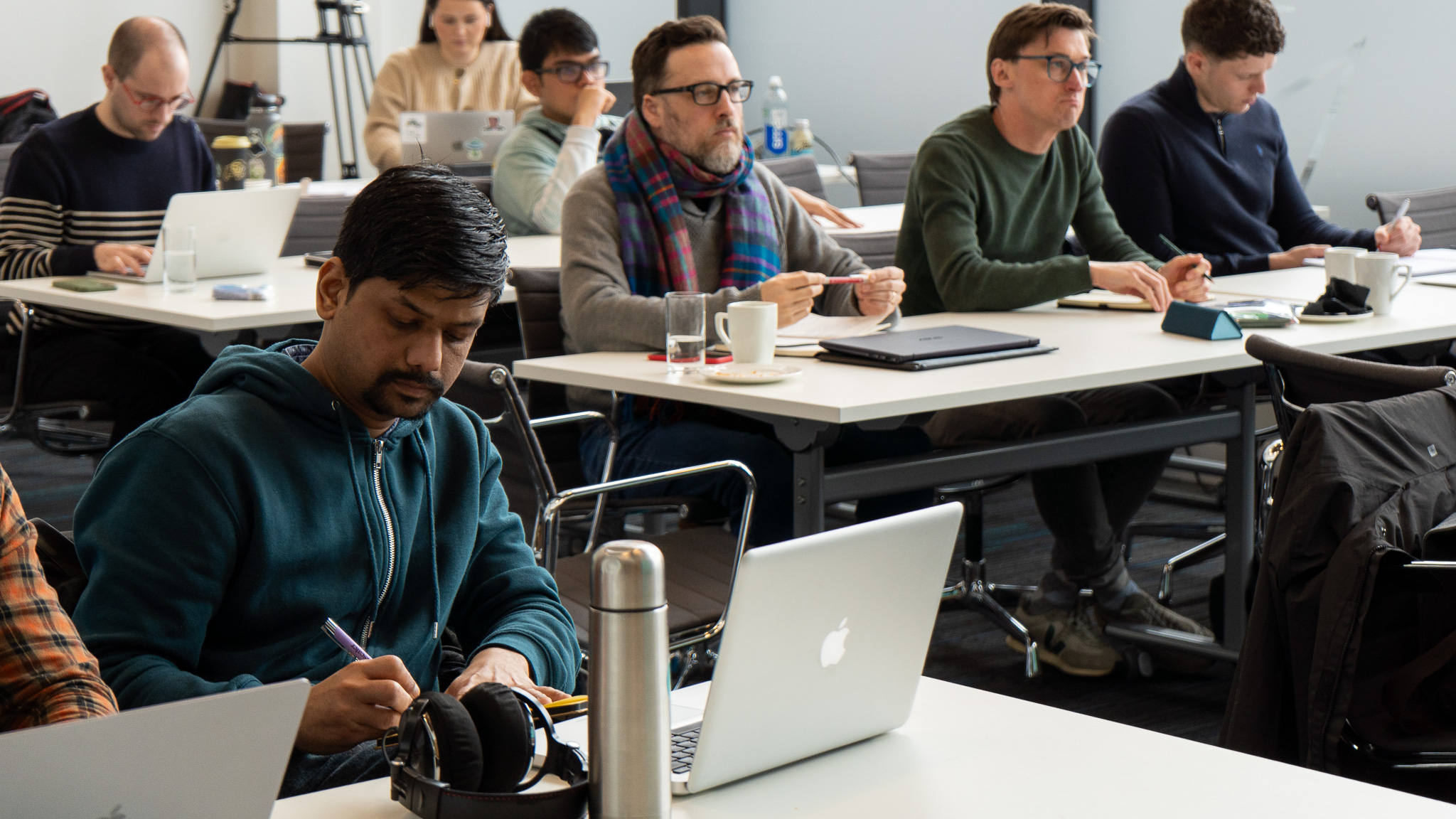
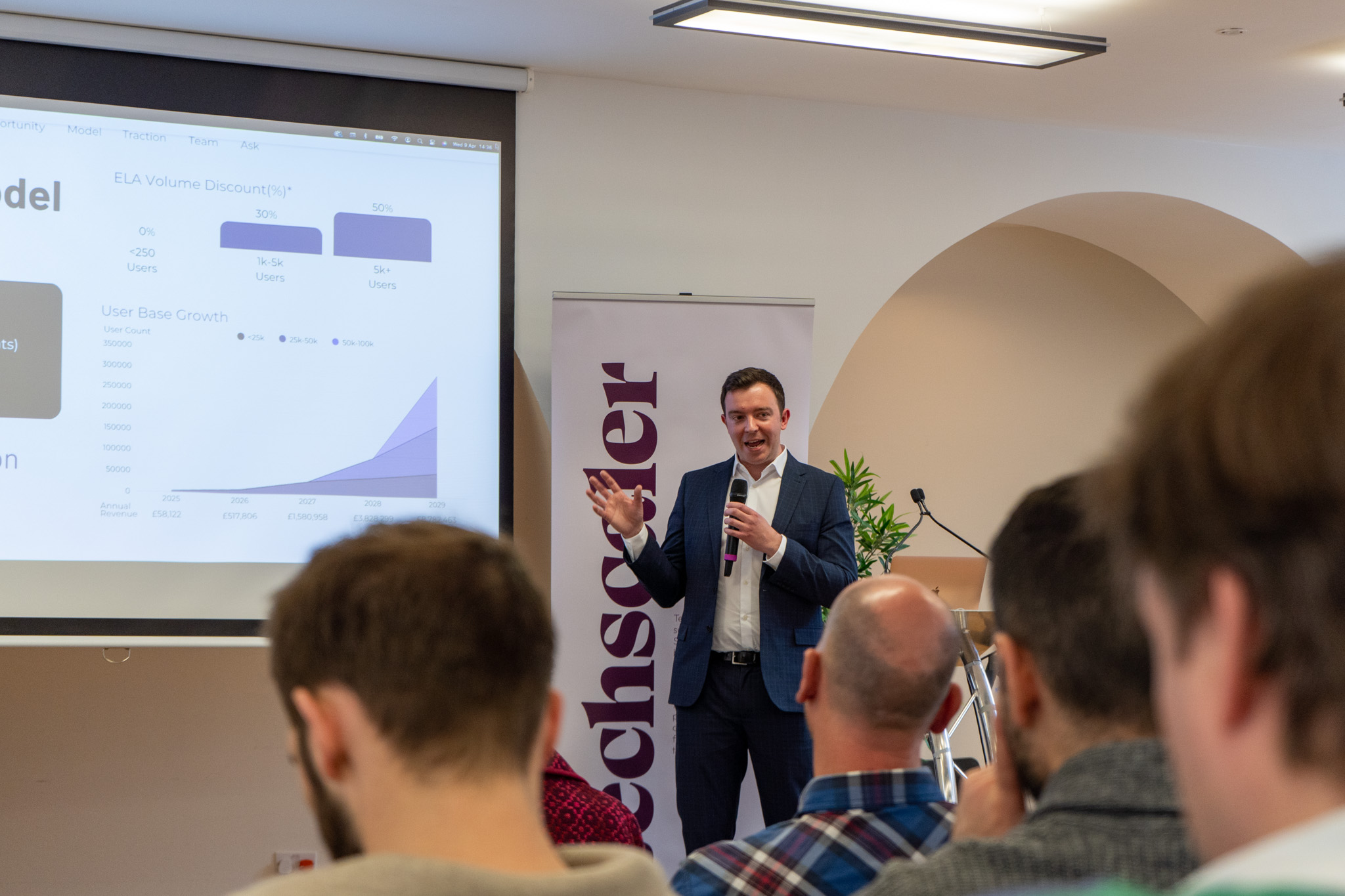
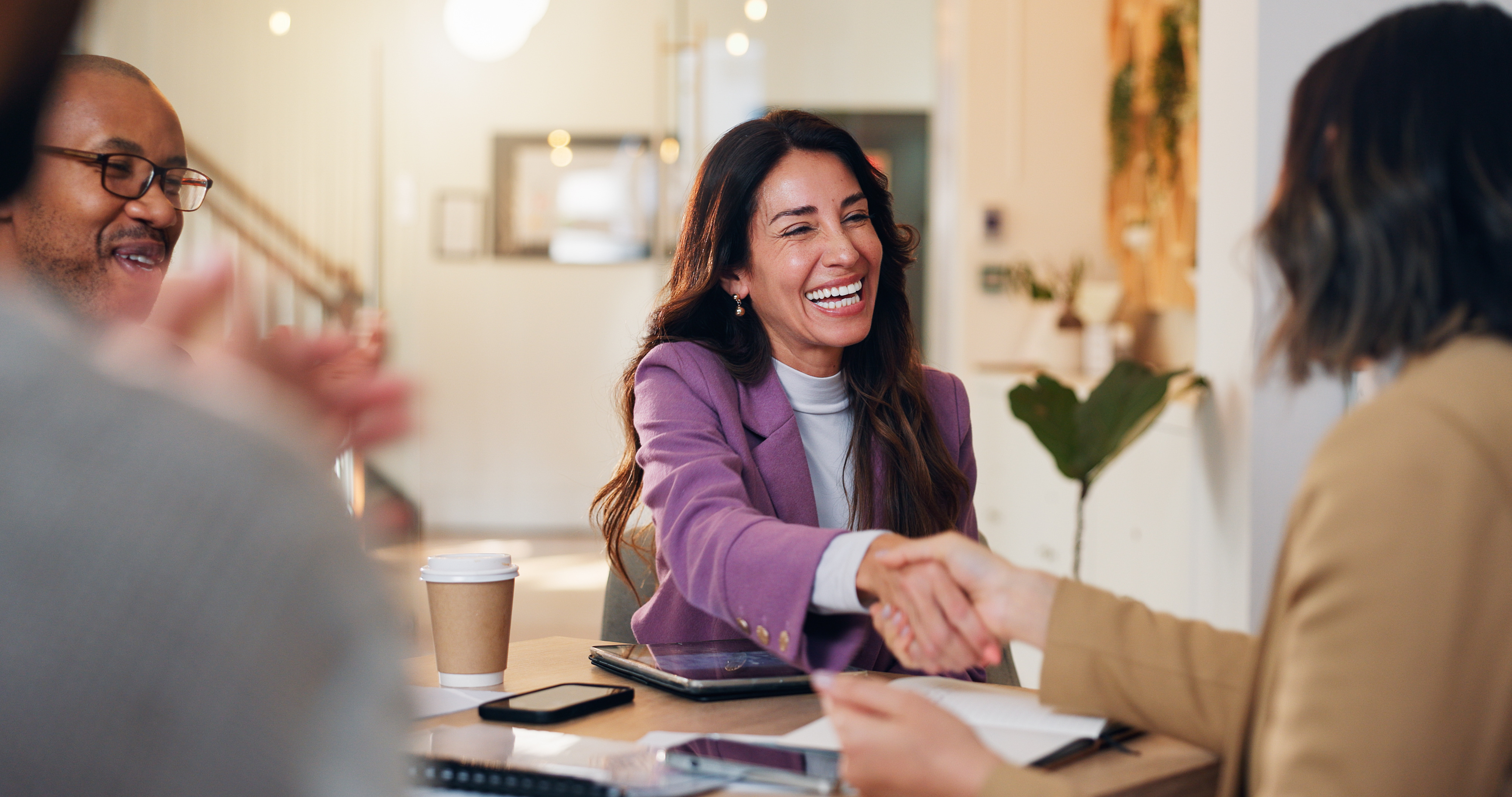











.png)







.png)
.png)
.png)
.png)

.png)
.png)



